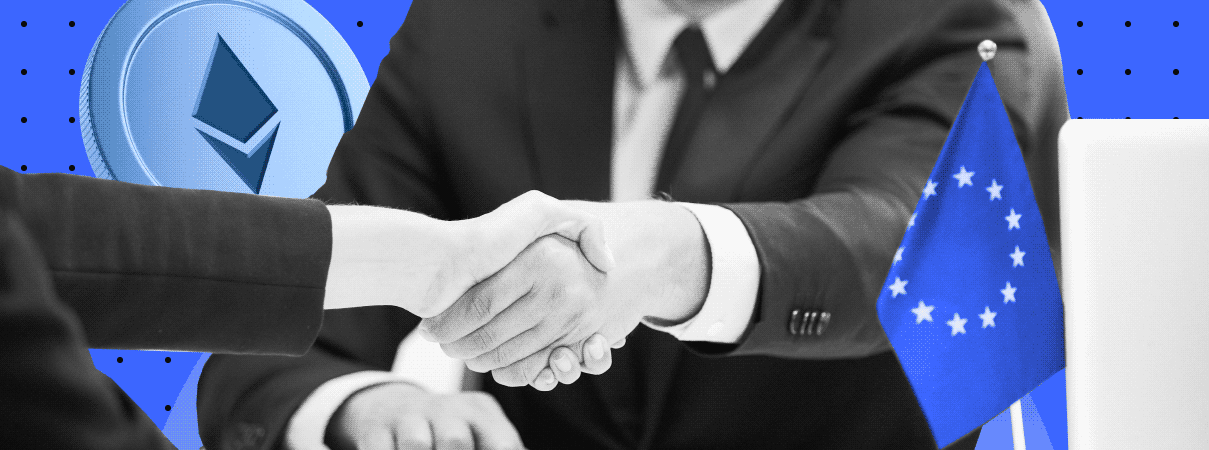The majority of Ethereum validators have begun to support the U.S. Treasury Department sanctions.

In the past 24 hours, 52% of all active validators on the Ethereum network check blocks for compliance with U.S. economic sanctions, as required by the Office of Foreign Assets Control (OFAC). This is how the majority of transactions related to Tornado Cash are rejected. The current situation can be observed through the MEV Watch service.
Compliance is due to the fact that over half of Ethereum validators use MEV bots. This is centralized software that maximizes revenue by processing the most profitable transactions. Actually, MEV stands for Miner Extractable Value.
There are currently seven MEV bots available of which four support the OFAC sanctions. Therefore, regardless of the commission amount, these bots automatically reject transactions associated with sanctioned addresses.
Many members of the ETH community warned about the risks of falling under government restrictions after the transition to Proof-of-Stake, in particular the Luxor Technologies mining pool, whose organizers refused to support the Merge hard fork and ceased their activities. Among other risks associated with government censorship, the pool representatives singled out the high concentration of ETH on centralized staking services such as Lido, Coinbase, and Kraken.
Ethereum co-founder Vitalik Buterin proposed a number of technical solutions that would potentially neutralize restrictions from government agencies and centralized services. However, Buterin’s ideas are still under discussion.
The cryptocurrency mixer Tornado Cash was put on the sanctions list of the U.S. Treasury Department in early August, which caused a strong reaction from the community. Authorities later allowed Tornado Cash to “interact” with the code, using it for any purpose that wouldn’t “involve other sanctionable conduct.”









